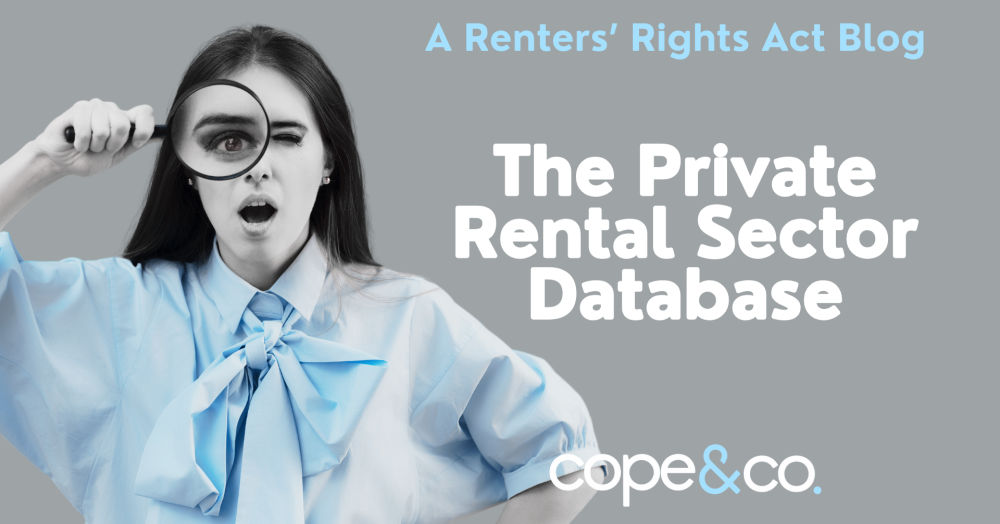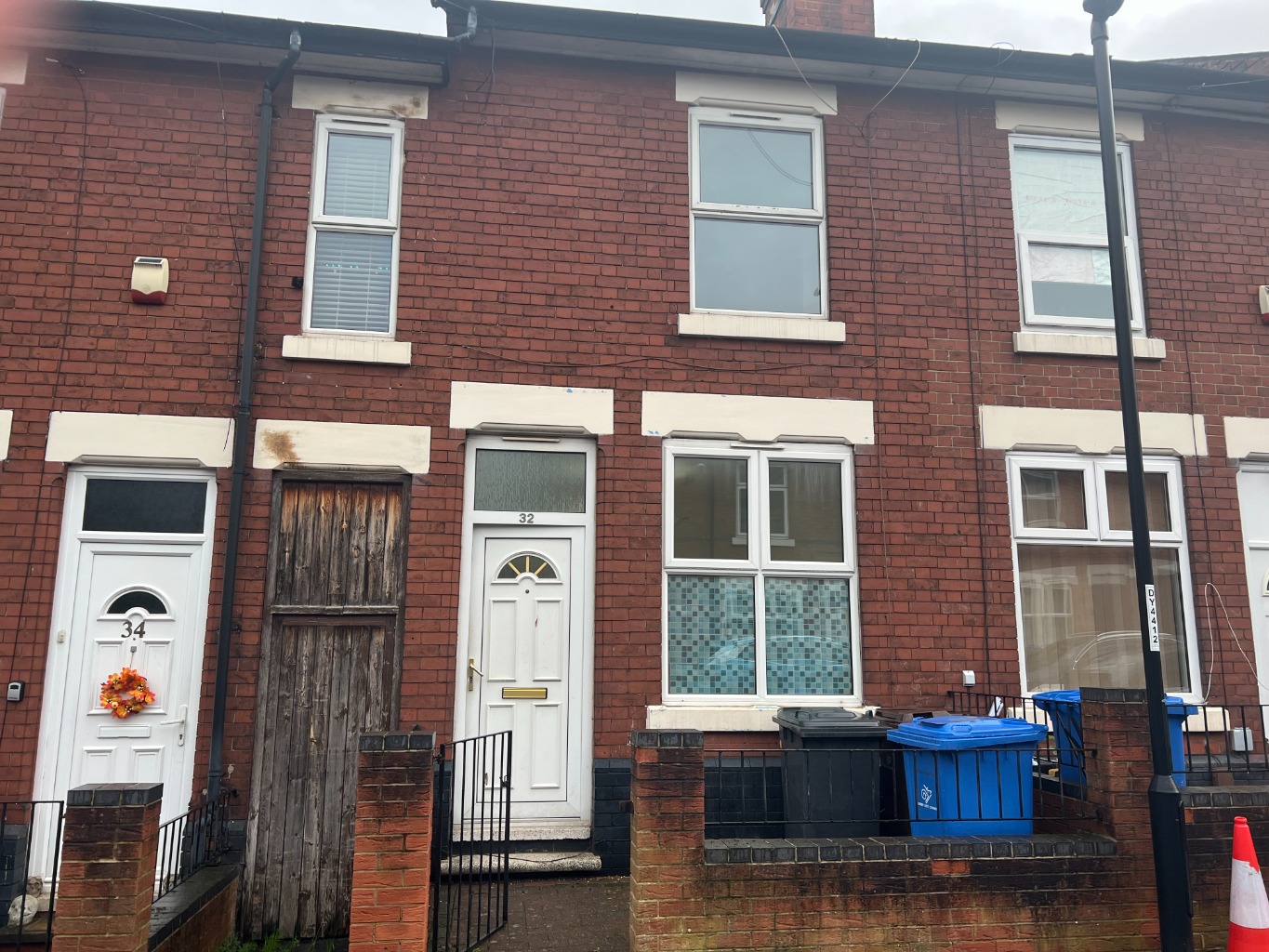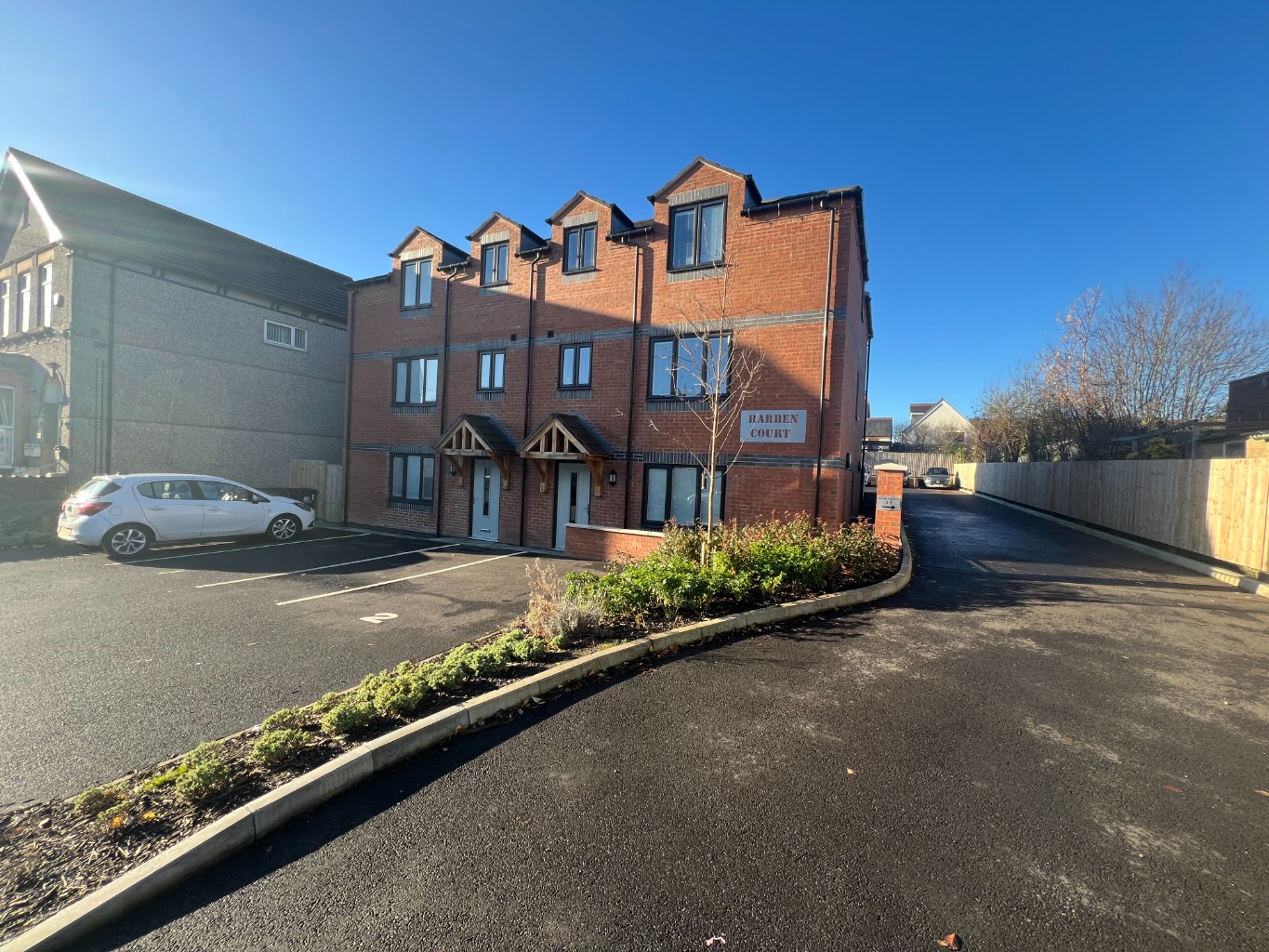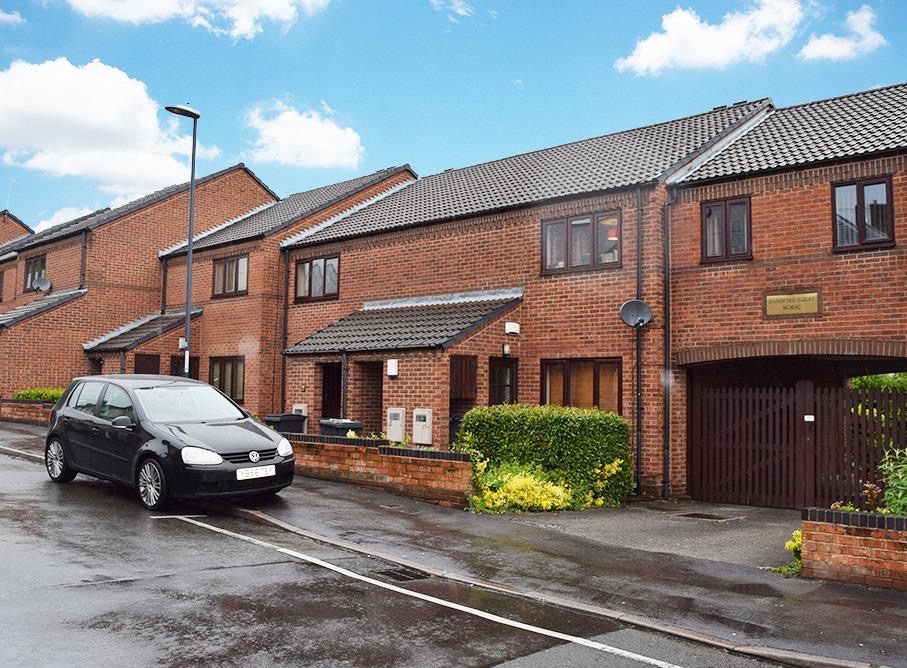
The PRS Database: What Landlords Need to Know
With the Renters’ Rights Act moving ahead, the message from government is clear: standards are going up, and accountability is coming with them. One of the biggest changes? A new, nationwide PRS database. For the first time, every landlord in England will be listed in a publicly accessible register, and compliance will no longer be optional.
What Is the PRS Database?
Think of it as Companies House - but for rental properties. The PRS database will act as a central, searchable portal where landlords must register both themselves and each property they let.
The aim? Greater transparency, better data, and a cleaner distinction between professional landlords and those who cut corners.
Importantly, Housing Minister Matthew Pennycook has confirmed this won’t replace selective licensing schemes. Instead, the two will run alongside one another, with local authorities still using licensing to address specific neighbourhood issues while the national database ensures a baseline of standards everywhere else.

What Information Will Be Collected?
The government hasn’t published the full list yet, but here’s what’s on the table:
🔹 Landlord and property details
🔹 Tenancy disputes and rent levels
🔹 Section 8 possession data
🔹 Accessibility categorisation
🔹 Compliance records (e.g. gas and electrical safety)
The National Residential Landlords Association (NRLA) has also suggested digitising safety certificates, making it easier to prove a property meets the mark.
Two key components are likely to play a big role:
◆ UPRNs (Unique Property Reference Numbers) – a must-have for tracking compliance and eliminating errors.
◆ Duplication controls – because landlords shouldn’t be able to game the system with multiple entries.
Who Can Access the PRS Database?
The database will be public, just like Companies House. Exactly what level of detail will be visible hasn’t been confirmed, but it’s safe to assume most core compliance and contact data will be accessible.
For tenants, this offers reassurance. For landlords and agents, it puts your reputation and responsibilities clearly on display.

Privacy Concerns? Let’s Talk About That.
Some landlords have raised concerns about data exposure. That’s fair—and the government will need to get the balance right. But increased transparency isn’t something to fear. It’s a key part of professionalising the sector.
Clearer records help good landlords stand out, give tenants confidence, and give agents the tools to support clients properly. It’s not about ‘naming and shaming’ - it’s about raising the bar.

Why Is the Government Introducing the Database?
Simple: too many tenants still live in poor conditions, and the government believes better data is the key to raising standards.
The PRS houses some of the most vulnerable people in the UK, and while most landlords do a good job, the worst offenders often go unchecked. A national register makes it easier for tenants to make informed choices - and for councils to take action when needed.
But there’s a silver lining for landlords too. The database is also being positioned as a compliance portal - somewhere you can check what’s required and stay on the right side of the law.

How Will It Work in Practice?
Much like Companies House, landlords will need to log in, register themselves, and add their properties. If they don’t, they won’t legally be able to advertise or let those homes.
Letting agents may be permitted to register properties on behalf of their landlords - especially useful for hands-off investors and portfolio owners. The government is expected to define these powers in upcoming secondary legislation.
Ideally, each landlord will get a unique registration number, and each property will be logged with a UPRN. That way, data stays clean and duplication is avoided.

What Are the Consequences for Non-Compliance?
They’re steep. The first civil penalty? £7,000. Repeat offences or serious breaches? Up to £40,000 - and potentially criminal prosecution.
Worse still, unregistered landlords won’t be able to regain possession of their properties through standard eviction routes. The only exception? Cases involving tenant anti-social behaviour.
Providing false information is a criminal offence. Letting your registration lapse? That’ll block you from issuing notices too.

Will There Be a Registration Fee?
Yes - but the government says it’ll be “reasonable and proportionate.” It’s likely to be similar in cost to selective licensing or registration fees in Scotland and Wales, where comparable schemes already exist.

What Does This Mean for Landlords?
This is a real turning point. Over half of landlords still self-manage. The database, combined with wider reforms, will make that harder - and many will seek expert help.
A good, professional agent will be able to step in, guide landlords through registration, and ensure compliance across their portfolios.
Final Thoughts
If you’re already a responsible landlord, this shouldn’t rattle you. The PRS database is about levelling the playing field, improving standards, and giving tenants a clearer view of who they’re renting from.
For letting agents, it’s a chance to strengthen client relationships, take a lead on compliance, and raise the industry standard.
At Cope & Co., we’re already preparing our landlords for what’s ahead. If you’d like help reviewing your portfolio, understanding what compliance looks like under the new rules, or switching from self-managing to stress-free support - just ask.
We’ll guide you through it. One regulation at a time.

LetSimple is our unique, stress-free way to let us take care of everything. One monthly subscription, no hidden fees, and rent guarantee built in, so you can relax knowing your income is protected.
Click the image below to see how LetSimple gives landlords comfort, compliance, and complete peace of mind.













